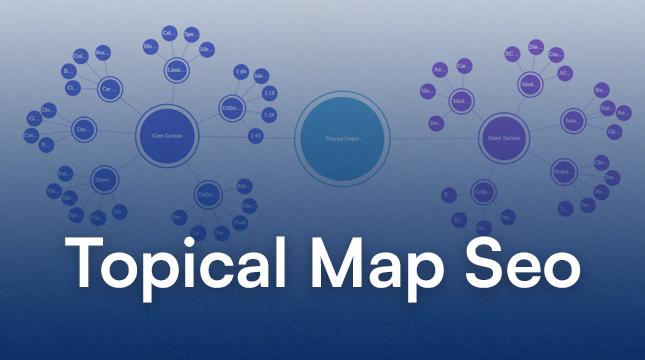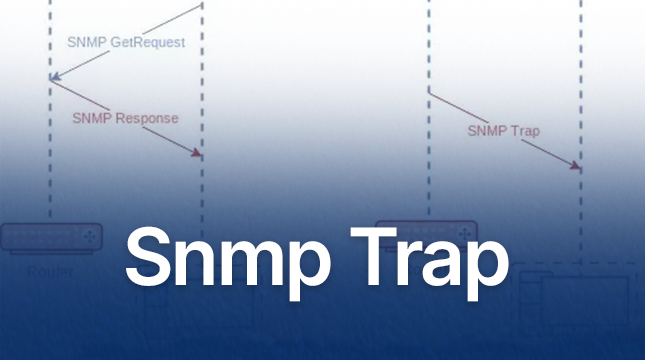This website uses cookies so that we can provide you with the best user experience possible. Cookie information is stored in your browser and performs functions such as recognising you when you return to our website and helping our team to understand which sections of the website you find most interesting and useful.
Topical Map SEO | Netizens Technologies

Ever felt lost in the content jungle, unsure of how to navigate the ever-changing landscape of SEO? You’re not alone. Creating high-quality content that ranks well on search engines requires a strategic approach. This is where topical maps come in – your secret weapon for conquering the content jungle and achieving SEO domination.
What is a Topical Map in SEO?
Imagine a detailed map that outlines all the paths you can take through a vast forest. A topical map in SEO functions similarly. It’s a visual representation of your website’s content structure, showcasing the interconnected web of topics and subtopics you cover. Think of it as a blueprint that helps search engines understand the depth and breadth of your expertise.
Why Should You Use Topical Maps for SEO?
The benefits of utilizing topical maps for SEO are undeniable. Let’s delve into a few key reasons why they’re essential for content success:
-
Establishing Topical Authority: Search engines crave websites that demonstrate expertise in specific areas. Topical maps showcase your comprehensive understanding of a subject by illustrating the interrelationships between various subtopics. This signals to search engines that you’re a go-to resource for users seeking information on that particular theme.
-
Streamlining Content Strategy: Feeling overwhelmed by content creation? Topical maps provide a clear roadmap. They help you identify content gaps, ensuring you’re covering all the essential subtopics within your chosen themes. This prevents content sprawl and guarantees your content strategy remains focused and targeted.
-
Avoiding Content Cannibalization: Have you ever published two articles competing for the same keywords? This is content cannibalization, and it can confuse search engines. Topical maps prevent this by clearly defining the scope of each content piece, ensuring your content complements, rather than competes with, each other.
-
Enhancing User Experience: Think of your website as a library. Topical maps function like a well-organized catalog system. They help users effortlessly navigate your website, finding the information they need quickly and efficiently. This translates into a positive user experience, which is another crucial SEO ranking factor.
Read More : Top 5 SEO Strategies to Boost Your Website Ranking in 2025
Building Your Topical Map: A Step-by-Step Guide
Ready to unleash the power of topical maps for your SEO strategy? Here’s a step-by-step guide to crafting a winning map:
-
Identify Your Seed Topics: What are the core themes your website revolves around? Brainstorm and list these broad topics – they’ll form the foundation of your map.
-
Conduct Keyword Research: Dive deep into each seed topic and identify relevant keywords and subtopics. Tools like Google Keyword Planner or SEMrush can be invaluable in this process. Aim for a mix of high-volume, medium-competition keywords and long-tail keywords with lower search volume but higher conversion potential.
-
Craft Your Content Clusters: Group related keywords into thematic clusters. These clusters will represent the subtopics that branch out from your main seed topics.
-
Prioritize and Organize Your Content: Not all content is created equal. Analyze your keyword research and prioritize content based on search volume, competition level, and relevance to your target audience. Organize your content clusters logically, ensuring a clear hierarchy from broad seed topics to more specific subtopics.
-
Continuously Refine and Update: The SEO landscape is constantly evolving. Regularly revisit your topical map, update your keyword research, and identify new content opportunities. This ensures your map remains relevant and reflects the latest search trends.
Beyond the Basics: Advanced Techniques for Topical Maps
Want to take your topical maps to the next level? Here are some advanced techniques to consider:
-
Integrating Internal Linking: Strategic internal linking within your topical map structure is crucial. By linking relevant content pieces within your website, you create a web of information that strengthens your topical authority. Imagine your topical map as a spiderweb; internal links act as the silken threads that connect related content, guiding both search engines and users on a clear path through your website.
-
Optimizing for Long-Tail Keywords: While high-volume keywords might seem tempting, long-tail keywords offer a treasure trove of untapped potential. Long-tail keywords are more specific search phrases with lower competition but higher conversion rates. By incorporating long-tail keywords strategically within your topical map, you target users with a clear intent to purchase or engage, leading to better conversions and improved SEO performance.
-
Leveraging Schema Markup: Schema markup is a way to provide search engines with additional context about your website’s content. By implementing schema markup relevant to your topical themes, you can help search engines understand your content better, potentially leading to richer search results and increased click-through rates.
Tools and Resources to Craft Stellar Topical Maps
Creating a comprehensive topical map doesn’t require reinventing the wheel. Several tools and resources can streamline the process:
-
Mind Mapping Software: Tools like MindMeister or XMind allow you to visually brainstorm and organize your topics and subtopics, creating a clear and user-friendly topical map.
-
Spreadsheet Applications: Utilize platforms like Google Sheets or Microsoft Excel to build your topical map. Spreadsheets offer a structured approach, allowing you to include details like keyword research data and content creation schedules alongside your topic hierarchy.
-
SEO Audit Tools: Tools like Ahrefs or SEMrush offer comprehensive SEO audits that can reveal content gaps and suggest new topic opportunities. Utilize these insights to further refine your topical map.
Conclusion
Topical maps are a game-changer for SEO success. They provide a strategic roadmap, ensuring your content is well-organized, relevant, and targeted towards user intent. By implementing topical maps, you establish topical authority, streamline your content strategy, and ultimately, conquer the ever-evolving SEO jungle.

Let's Start Your Project
Get free consultation for your digital product idea to turn it into reality!
Get Started






